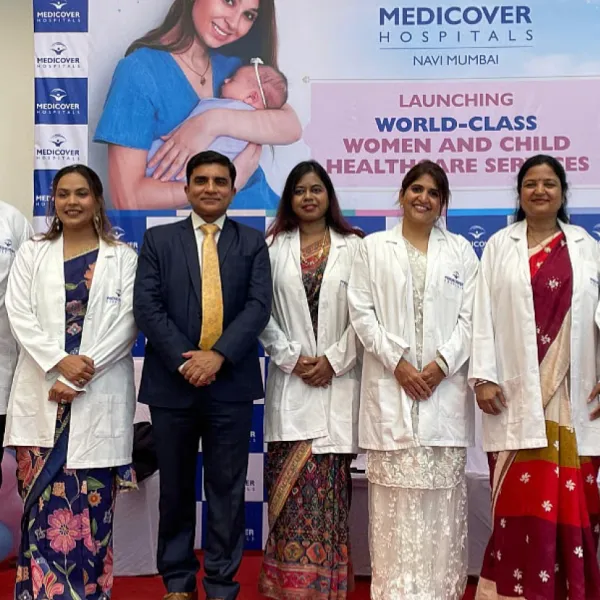IIIT-Delhi, Inria Saclay Create AI Tool for Antibiotic-Resistant Bacteria

The AI tool can suggest five to ten treatment options tailored to a particular bacterial strain, allowing doctors to choose based on clinical judgement and local drug availability.
An India-France research collaboration has led to the development of an AI tool to tackle drug-resistant infections.
Engineers at IIIT-Delhi and Inria Saclay, France, created a system to guide doctors in selecting effective antibiotic combinations when bacteria no longer respond to standard treatments.
The initiative emerged from a broader India-France research partnership involving Delhi-based Deep Light and France’s CentraleSupélec.
Led by Professor Angshul Majumdar of IIIT-Delhi and Dr Emilie Chouzenoux, the team also included engineer Stuti Jain and graduate students Kriti Kumar and Sayantika Chatterjee.
“This is an excellent example of how AI and international collaboration can come together to solve real-world medical challenges, and our method makes it possible to use existing knowledge more effectively and opens the door to smarter, faster responses to antimicrobial resistance (AMR),” Prof Majumdar said.
The researchers compiled clinical treatment data from leading Indian hospitals and paired it with bacterial genome profiles and the molecular structures of antibiotics.
Using this data, they trained a machine-learning model to predict and rank effective antibiotic combinations against resistant strains.
The system showed promising results during testing against multidrug-resistant pathogens like Klebsiella pneumoniae, Neisseria gonorrhoeae, and Mycobacterium tuberculosis. It demonstrated how combining existing antibiotics could defeat infections that resist individual drugs.
AMR occurs when bacteria evolve to withstand drugs designed to kill them, often due to antibiotic overuse.
“We often take antibiotics even for viral infections, which don’t require them. Over time, bacteria evolve and adapt. As a result, even simple infections like urinary tract infections or wounds can become resistant to treatment,” Prof Majumdar added.
The AI tool can suggest five to ten treatment options tailored to a particular bacterial strain, allowing doctors to choose based on clinical judgement and local drug availability.
The team also plans to expand the tool’s capabilities to address fungal infections and drug resistance in chronic conditions like hypertension.
Looking ahead, the researchers hope to integrate the AI into hospital systems and public health networks, particularly in regions with limited diagnostic resources and high rates of AMR.
Beyond India, the project aims to deliver AMR solutions to underserved regions in Southeast Asia, Africa, and Latin America, where new drug development is often delayed due to funding challenges.
Stay tuned for more such updates on Digital Health News.
Stay tuned for more such updates on Digital Health News































